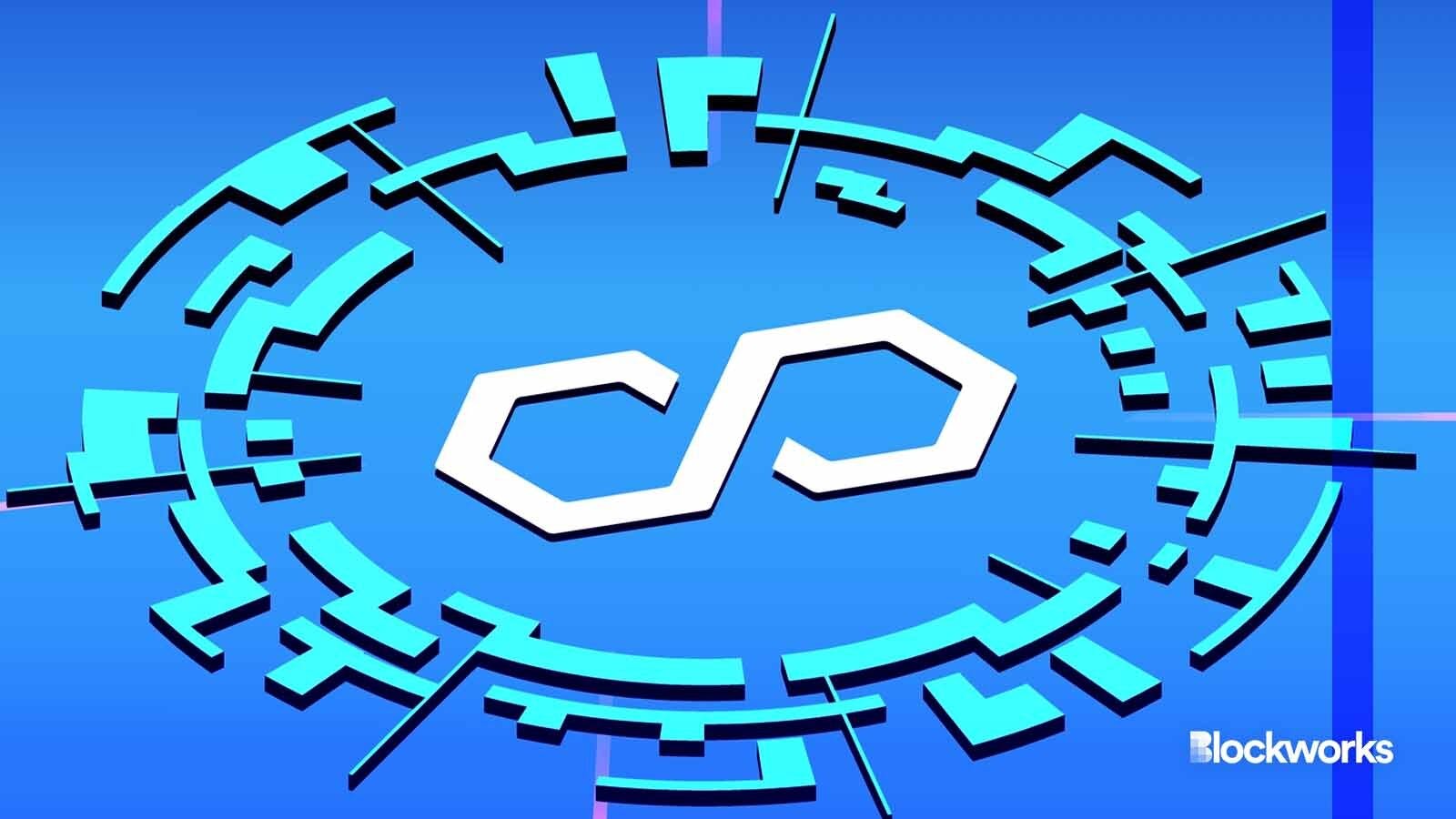PowerLoom to host first node mint on Polygon’s PoS
5,000 nodes will be available for pre-mint

Vladimir Kazakov/Shutterstock modified by Blockworks
Decentralized data startup PowerLoom is launching a node mint on Polygon’s proof-of-stake network.
PowerLoom is designed to enable protocols to index and query blockchain data in a decentralized manner. The protocol is designed for developers building DEX aggregators or any other Web3 applications that require reliable data.
An initial pre-mint of 5,000 nodes will be accessible to interested participants who meet the necessary criteria. These participants, if selected, will be given a soul-bound token that will enable them to operate PowerLoom Snapshotter Lite nodes.
Soul-bound tokens are tokens that can only be owned, or transferred by a specific user address. Unlike NFTs, which are freely transferable and tradeable, soul-bound tokens often serve as a credential.
Read more: Mastering NFTs: From Beeple to Starbucks to Digital Twin Cities
Pre-minting will end on Feb. 4. On Feb. 6, winners will be announced, Swaroop Hegde, co-founder and CEO of PowerLoom protocol, told Blockworks in an interview.
A total of 10,000 independently run Snapshotter Lite node spots will be available, said Hegde. Additional node spots will be given to PowerLoom community members, ecosystem partners and contributors.
“You could essentially acquire more than one soul-bound token as there are 10,000 nodes, but we are limiting it to 10 per person,” Hegde said.
The node mint follows a recent incentivized testnet that PowerLoom undertook in partnership with Coinlist, a cryptocurrency exchange, and it is designed to enable less technically experienced users to participate in the network.
Read more: Protocol Obligate ramps up push to boost institutional blockchain use
Pratik Gandhi, marketing lead at PowerLoom, told Blockworks that PowerLoom’s goal is to become a completely decentralized data network that is composable and flexible in obtaining data from any chain.
“Although we are EVM-focused right now, if someone wants to get data from Celestia data markets, for example, they can and PowerLoom will support that,” Gandhi said.
According to the project, residents in the US and sanctioned countries will not be able to participate in the mint.
Get the news in your inbox. Explore Blockworks newsletters:
- The Breakdown: Decoding crypto and the markets. Daily.
- 0xResearch: Alpha in your inbox. Think like an analyst.






